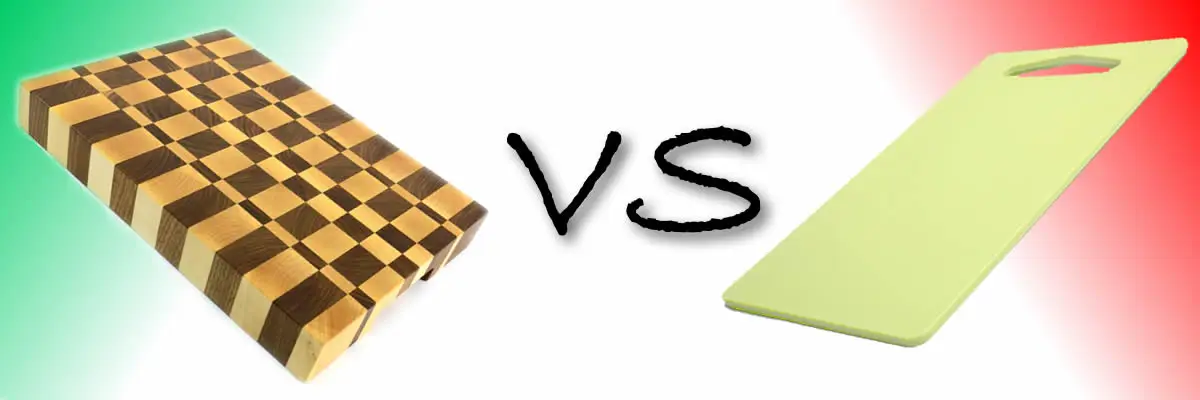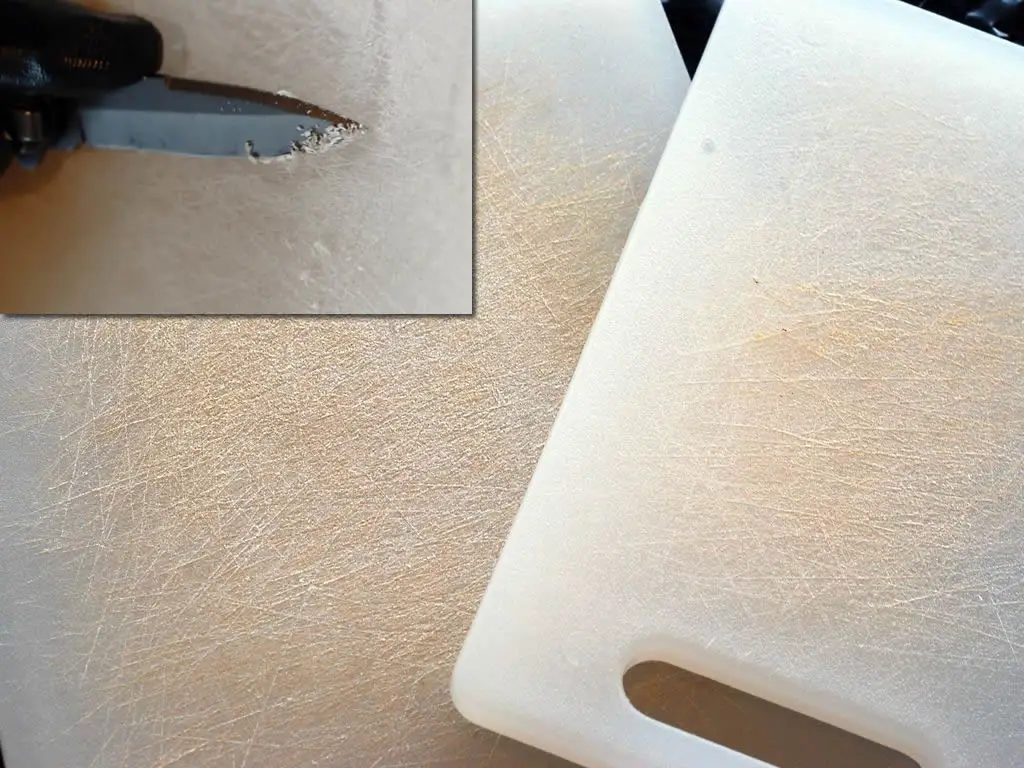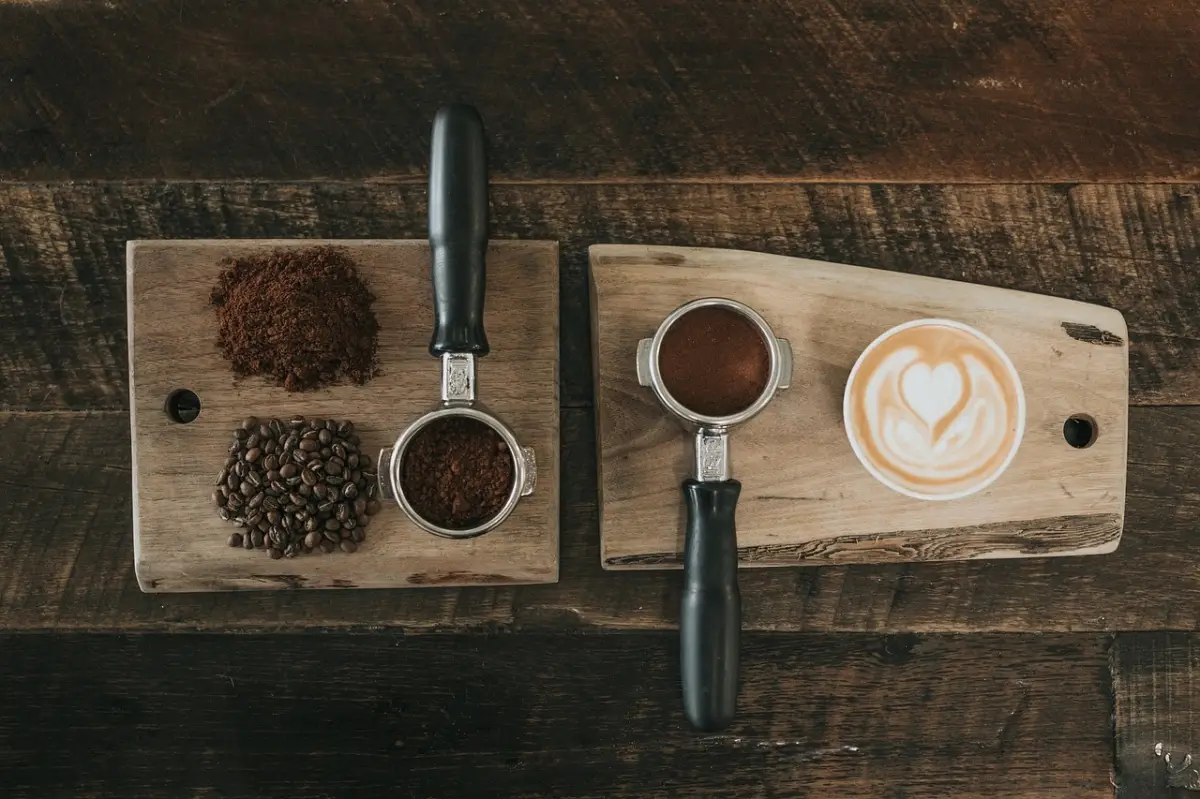Wooden vs Plastic Chopping Boards

The truth
Plastic products or, better said, the chemical additives in the composition of plastic products, have negative effects on the environment and, implicitly, on human health.
Specialists have sounded the alarm, especially for products used in the food industry, and the European Parliament has started a campaign from 2021 to remove them from the market.
It is no longer a secret that plastic is very harmful to human health and yet many people continue to use plastic products and what is really scary is that a large part of the plastic from these products ends up in the human body developing health complications that lead to the development of cancer.
Plastic chopping boards are the most dangerous for health
When it comes to which of the plastic products are the most dangerous for health, plastic chopping boards occupy the first place in our opinion, because using a chopping board made of plastic you will unwittingly add small pieces of plastic from its composite to the foods that you will prepare on this board and which will eventually reach your body.
When you cut or mince a food on a board, part of the composition of the board is mutilated and small fragments of it come off with each cut and a large part of these fragments will stick to the food. With boards made of wood it is not a problem at all because wood is basically a plant like peppers or cucumbers for example and the human body is designed to consume and process many kinds of plants.
With plastic boards, this process that leads to part of the composition of the board ending up in food (as can be seen in the image below) and then in the human body makes them truly the most dangerous for humans and the human body.

Wood chopping boards can also be dangerous for health
When it comes to wood, certain types of trees that do not grow very large require a very large amount of industrial glue to be introduced to create wooden panels that later these wooden panels glued together create chopping boards.
Bamboo is one of the wood essences that, in order to be used in making products, requires an enormous amount of industrial chemicals due to the fact that bamboo is a plant that absorbs a lot of water in nature and in order to be used, all the channels through which water passes will they must be filled and filled with chemicals, then each piece of material obtained must be glued to another pleat and so on.
But if you put aside all the wood essences that are not ideal for use in making chopping boards and turn your attention to solid wood, you will discover dozens of wood essences that are ideal for making chopping boards that have been and are used by thousands of years.
In the first place when it comes to the most useful wood for making chopping boards is the oak with its superior qualities, it is the most appreciated wood for making boards for kitchens from serving to food processing either casually or for restaurants.
Other advantages of wooden chopping boards
One of the main benefits of wooden chopping boards is that they are naturally antimicrobial. This means that they are resistant to the growth of bacteria, which can be especially important when handling raw meats and other potentially hazardous foods. Wood is also less porous than plastic, so bacteria are less likely to penetrate the surface of the board and potentially cause illness.
In contrast, plastic chopping boards are prone to scratches and cuts, which can harbor bacteria and make them difficult to clean thoroughly. This can be especially problematic if you are using a plastic board for raw meats, as the bacteria can cross-contaminate other foods that come into contact with the board.
Another advantage of wooden chopping boards is that they are typically more durable and long-lasting than plastic boards. Wood is a natural material that is resistant to wear and tear, and with proper care, a wooden chopping board can last for many years. In contrast, plastic boards are prone to cracking and fading over time, and they may need to be replaced more frequently.
Another advantage is that wooden chopping boards look extraordinarily good no matter where they are used in the kitchen and beyond.
These wonderful products have that charm in them and if you look at them carefully you will discover beyond them their story, the wood where they come from, the forest of which they were once a part and the pleasure of being now for you in the kitchen.

Another benefit of wooden chopping boards is that they are generally more durable and long-lasting than plastic ones. They are also more resistant to knife marks, which can cause plastic chopping boards to become uneven and unsafe to use over time.
In addition, wooden chopping boards are more eco-friendly than plastic ones. Wood is a natural, renewable resource, while plastic is made from non-renewable fossil fuels and can take hundreds of years to break down in the environment.
In conclusion
Wooden chopping boards offer a number of health and environmental benefits that make them a good choice for many people. While plastic chopping boards can be convenient and inexpensive, they may not be the best choice for those who are concerned about food safety and the environmental impact of their choices.







